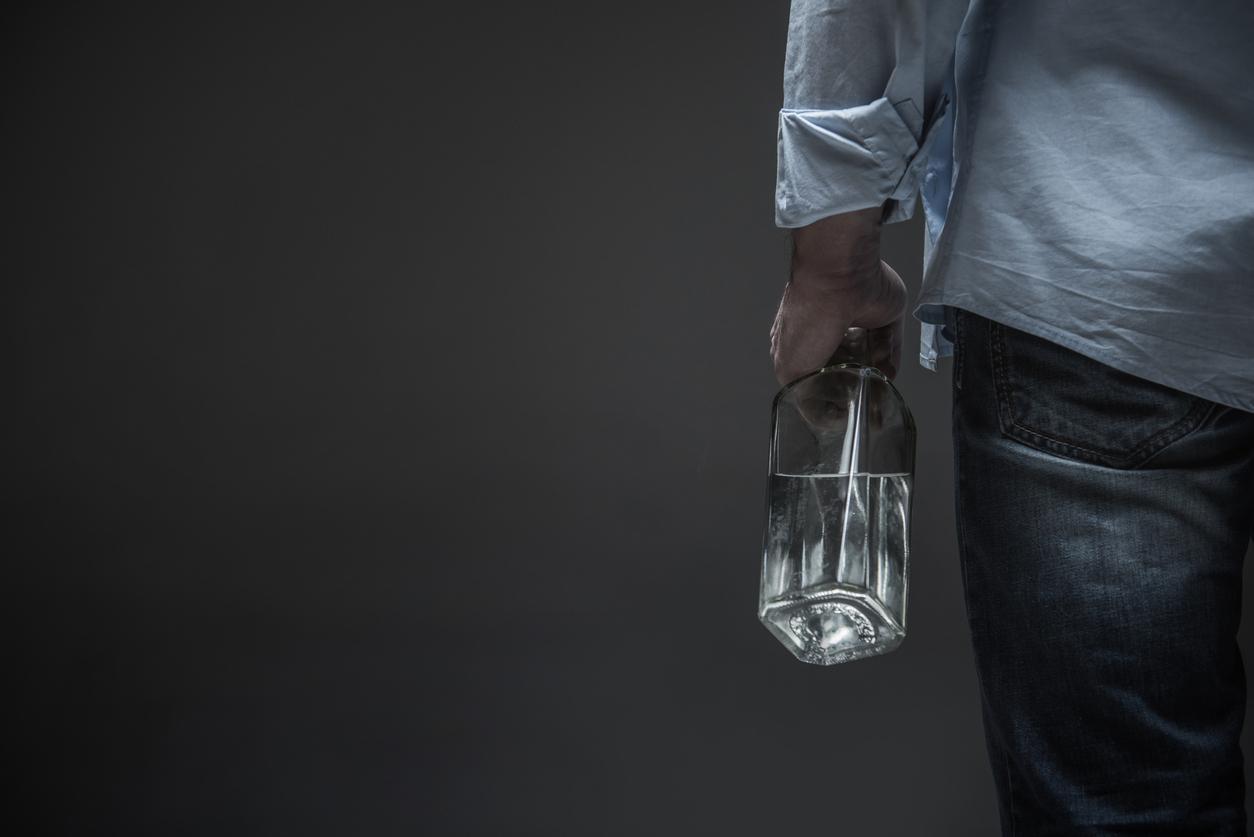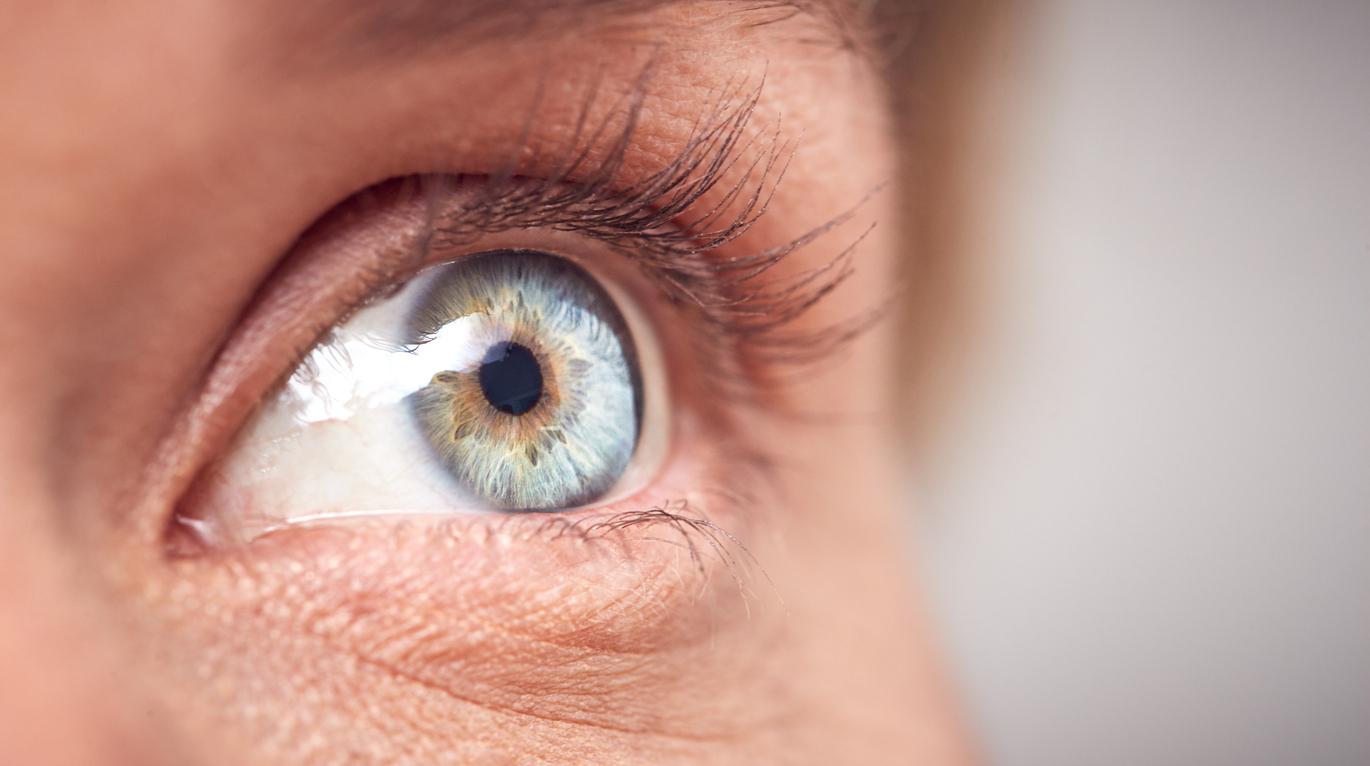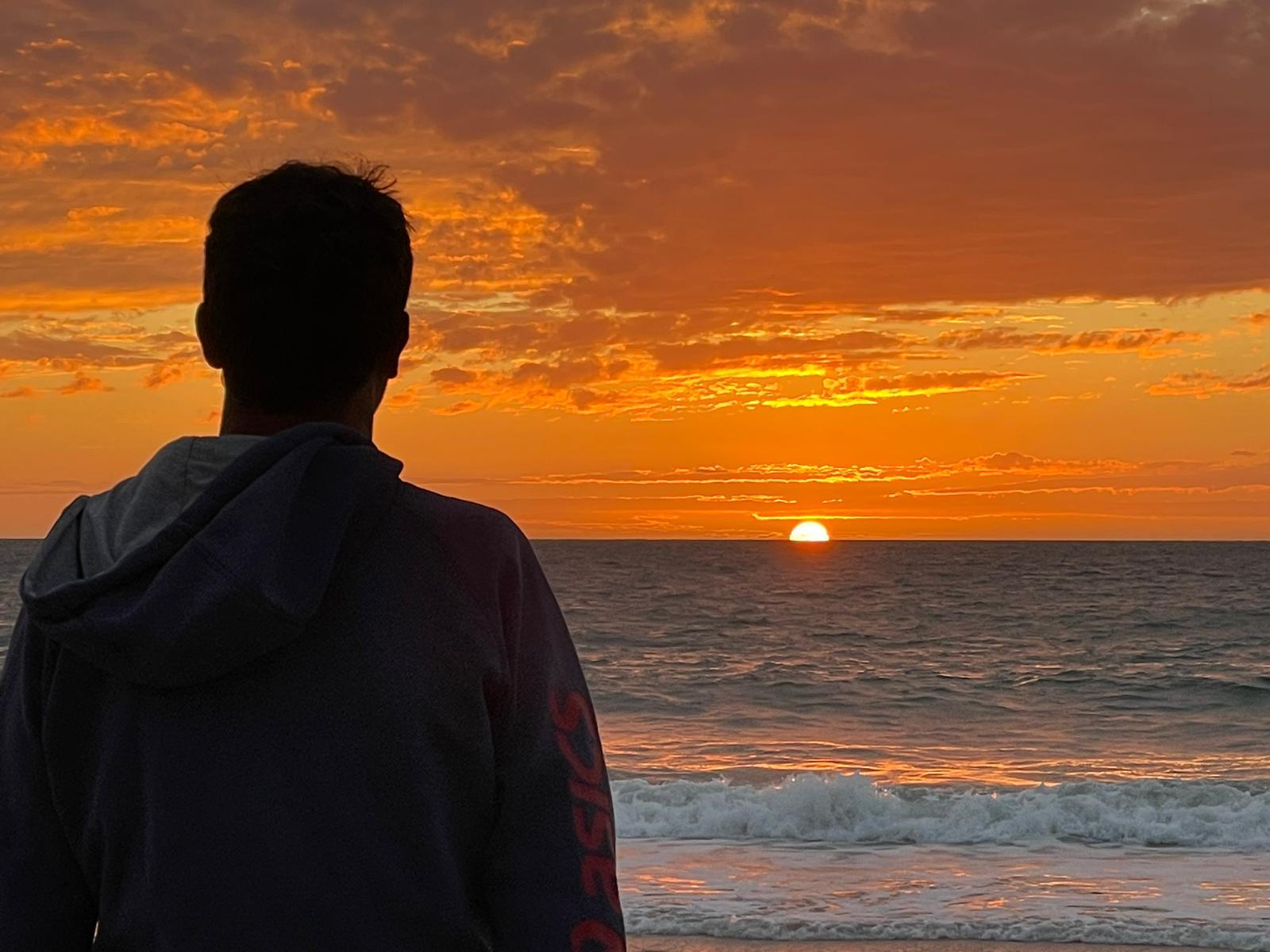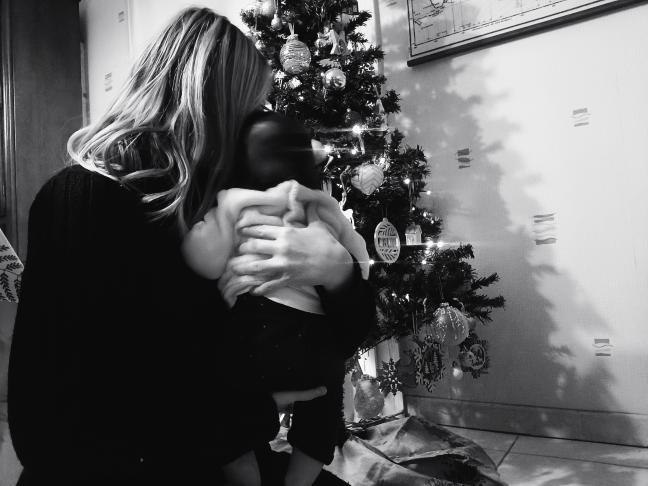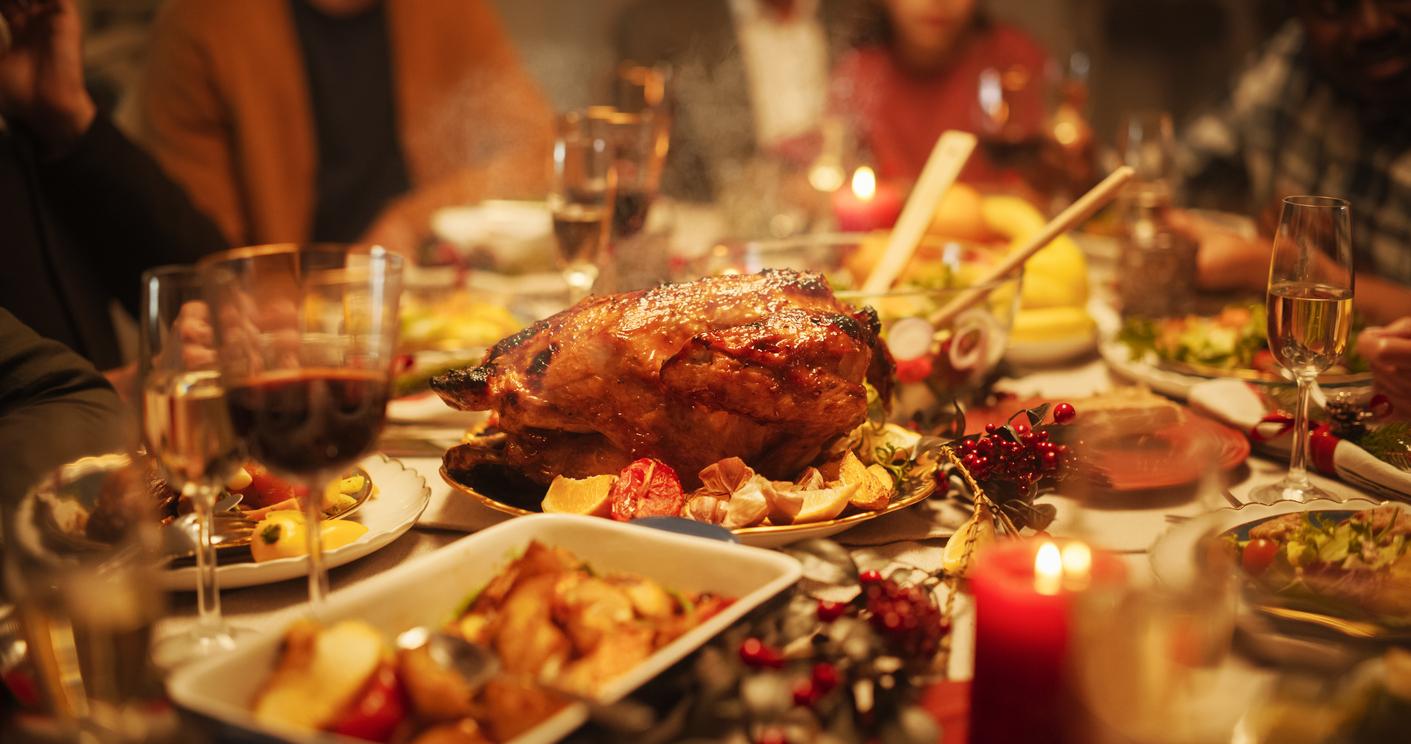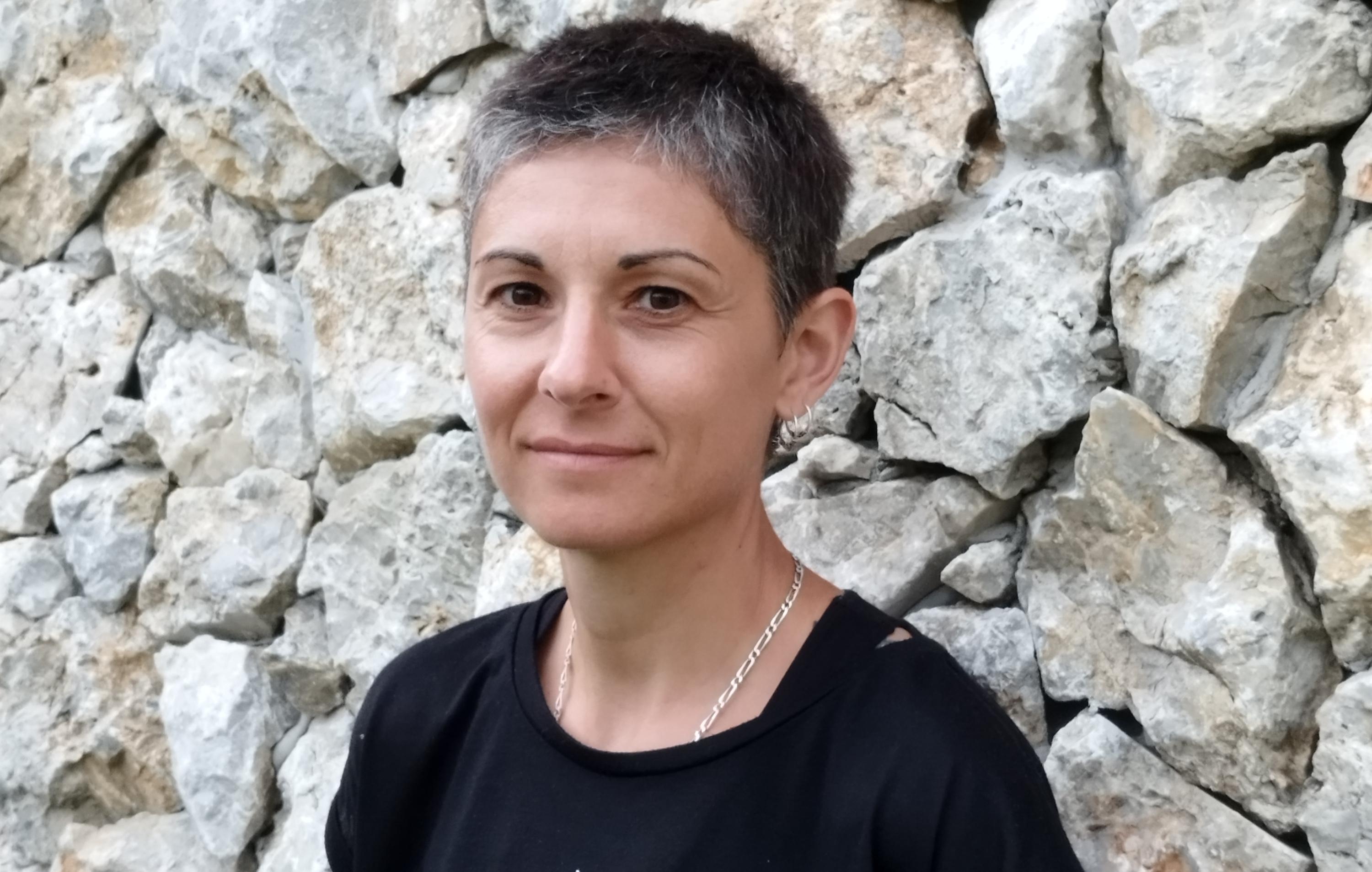One in 10 diabetics has type 1 diabetes. Marie learned that she had this pathology, characterized by excess sugar in the blood, two years ago. A member of the French Federation of Diabetics and the circle of young adults with T1D, she talks about her daily life disrupted by diabetes.
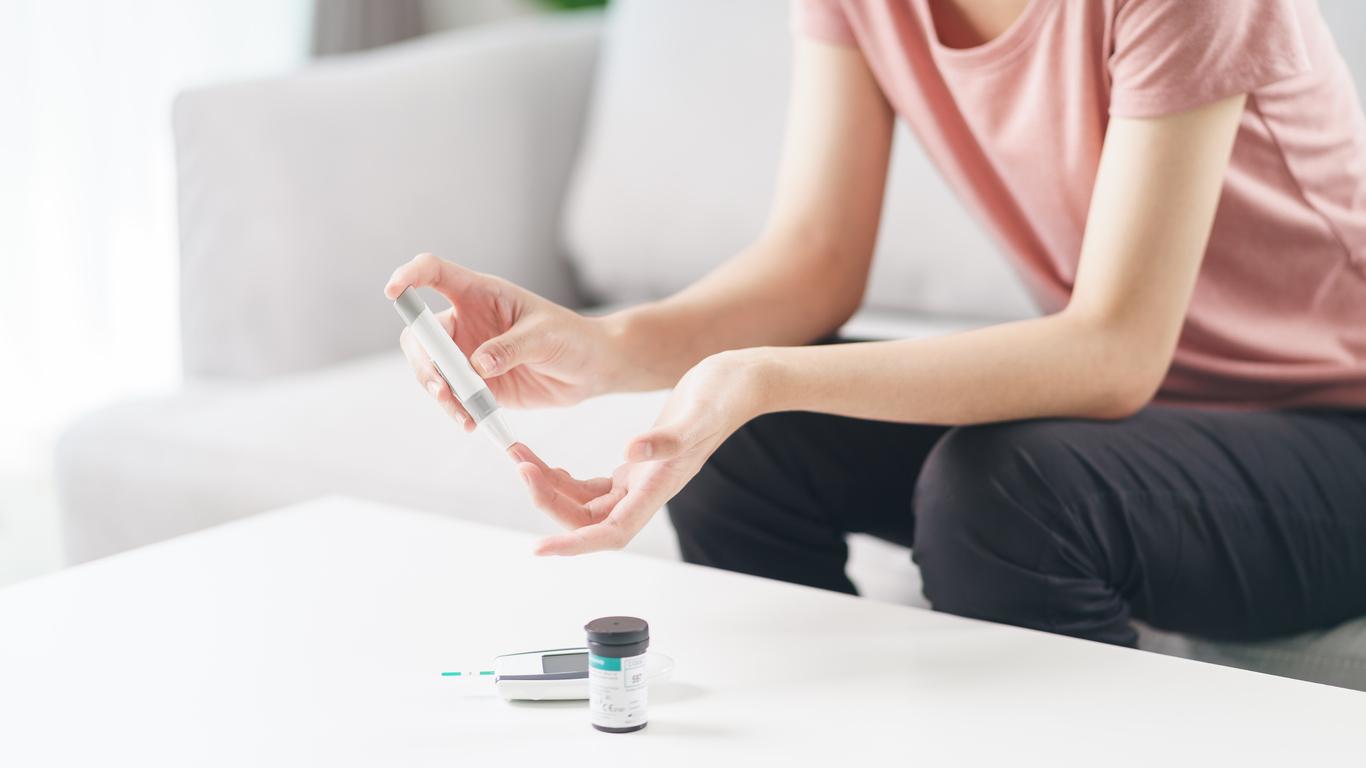
- Marie learned she had type 1 diabetes in January 2022 when she was 26 years old.
- This diagnosis was complicated to come to terms with. We have to mourn who we were, she explains.
- However, she assures her the illness that she now knows how to manage will not slow down any of her projects.
“Diabetes is a disease that everyone knows, but does not know at the same time”estimates Marie, member of the French Federation of Diabetics and the circle of young adults with DT1. “We know the word, without really knowing what it means.” This observation is even truer for the form from which she suffers: type 1 diabetes. Much rarer than type 2, it is less identified by the general public.
However, the occurrence of this chronic disease, linked to hyperglycemia caused by a lack of insulin secretion by the pancreas, remains a real upheaval for patients, often very young. It was the same for Mary.
Hyperglycemia: “I knew what diabetes was, but there was a form of denial”
Fatigue, loss of weight and appetite, pain… The second half of 2021 was very complicated for Marie. “To summarize, the last 3 months, I had lost 21 kilos as well as a lot of muscle. I was cadaverous. I had a very serious attack of ketoacidosis. I had very high sugar and ketone levels in the blood. To give an idea, the acetone level must be at zero, I was at 9”. Faced with these symptoms, the young woman – then aged 26 – was hospitalized for a week in January 2022. The diagnosis was then made: she suffered from type 1 diabetes.
“The announcement was a surprise, without being a surprise”recognizes Marie who was a caregiver at the time. “I knew what diabetes was, but there was a form of denial in me about passing through to the other side. I was no longer a caregiver, but cared for.”
Indeed, if working in the healthcare environment helps to understand the analyzes or the language of health professionals, this does not make the diagnosis easier to hear. During her week in hospital, Marie had an anxiety attack in the middle of the night. “I told myself it was unfair. I had come to the hospital to be treated and I left with a lifelong illness.”
Type 1 diabetes: “you have to mourn who you were”
And, Marie admits, being diagnosed with type 1 diabetes is traumatic. “Whether you accept it or not, this illness is a big blow to the anthill. It changes a lot of things. We have to mourn who we were, our health, our life before. I I felt a lot of anger, denial, rejection.”
To deal with her emotions, she decided to seek help from a psychologist. “It was essential for me to talk to someone outside. My family was stressed and already had a pretty huge burden. I didn’t want to worry them more. I needed someone to talk to me about it. listen, but who would not be worried.”
Type 1 diabetes: “it’s a bit like having a child”
After her diagnosis, Marie understood that her daily life would henceforth be punctuated by numbers. Carbohydrate data, targets to reach, quantification… the numbers are everywhere, always present in his mind. “Diabetes is an additional mental burden”she admits.
“It may seem strange, but diabetes is a bit like having a child. It doesn’t care if it’s three in the morning, if it’s your birthday or Christmas: it’s there and you have to be careful to him. It’s a daily management, we have to plan meals, treatments… Doing things on a whim becomes very complicated”explains the young woman.
However, the obstacles encountered are not limited to managing your blood sugar levels, your care or your diet. Marie also had to deal with… the administration. “I had great difficulty with the driving license.” Indeed, the legislation requires diabetics to obtain authorization from a doctor before driving again. “As a type 1 diabetic, if I did not take the steps to pass a driving fitness test with an approved doctor, my license was considered invalid, which could expose me to serious consequences. But when I asked about this text and what to do to apply it, no one knew how to answer me. It was quite disturbing.”remembers the type 1 diabetic.

Type 1 diabetes: “I look forward to the future without any worries”
If the diagnosis of type 1 diabetes was a shock, Marie assures us: she does not see her pathology as a condemnation. Once the announcement has been assimilated, the metabolic disease was even the opportunity to “put the cursors back in their place”. “Before, I was very stressed, I worried about things that seem futile to me today. I didn’t get very far from death. This puts things in their place.” The discovery of the pathology, for example, gave him the impetus to change jobs. She left her job as a care assistant to enter the training sector.
“After diabetes, I tried to adopt the healthiest life possible: eat a balanced diet and return to sport”she adds.
And yes, she has to weigh her food to know how much carbs she is eating. Finding clothes that allow him to easily access his pump can be a challenge… but that doesn’t stop him from living life to the fullest. Last year, she visited three cities in Europe backpacking with her partner. She had, of course, had to remove some clothes from her gear to make room for her treatment and ask for a doctor’s note in English in order to be able to move around with medical devices without problem. Nevertheless, she was able to enjoy her journey. Besides, she doesn’t plan to stop there.
“I plan for the future without any worries. My diabetes has even activated things that were at the dream stage and which are becoming projects. With my partner, we are planning a world tour in a van. “It’s a problem to insert my diabetes inside, but it’s not impossible.”confides Marie.
Diabetes diagnosis: “you have to identify what you need”
What would his advice be for people who have just been diagnosed with type 1 diabetes? “At the beginning, we tell ourselves that we will never be able to manage the illness, that it is complicated, and that is completely normal”, recognizes Marie. To overcome this, according to her, it is necessary, “identify what we need”. She details: “If you want to know more about diabetes, don’t hesitate to contact your doctor and ask him all your questions. There are no stupid or taboo questions. If you need to talk about emotions that you live, go talk to a psychologist or talk with peers. It helped me a lot to talk with long-term diabetics: they reassured me and showed me that life is possible with diabetes . It’s another organization, but that doesn’t stop anything.”
The young diabetic who had to face the ignorance of some and the hurtful or clumsy words of others, also has a message for non-diabetics: “Be careful, the scope of the words really has an impact. Little sentences like “it’s okay, it’s just diabetes” or “if you eat too many sweets, you’ll end up diabetic” can hurt. We don’t worry. Don’t realize it until you’re on the other side.”








